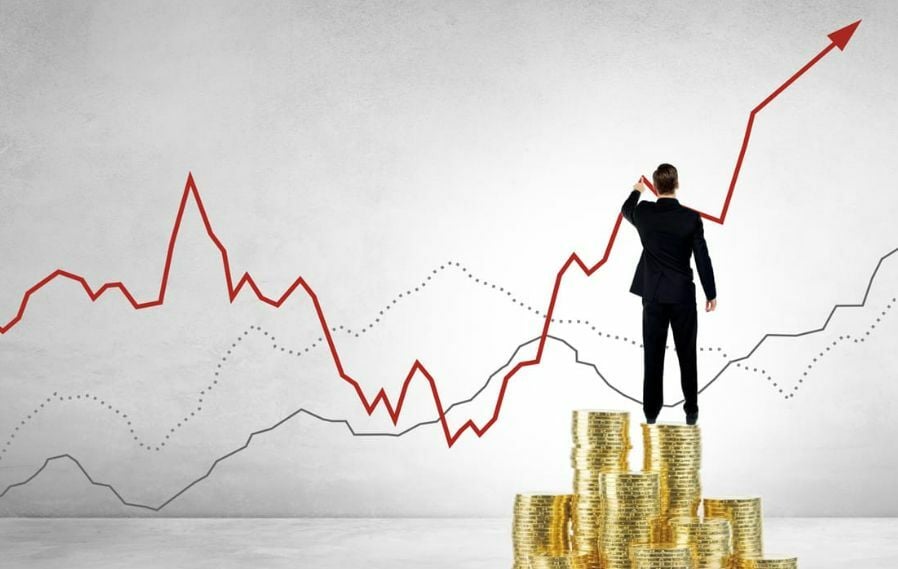Consumer confidence in Thailand soars to 44 month high

Last month witnessed a surge in consumer confidence for the third consecutive month, reaching its highest point in 44 months, according to the University of the Thai Chamber of Commerce (UTCC). Factors contributing to this uplift include the government’s initiatives to curb living costs, a boost in foreign arrivals, and a revival in exports.
The UTCC reported that the consumer confidence index rose to 60.2 in October, marking an increase from 58.7 in September, 56.9 in August, and 55.6 in July. Thanavath Phonvichai, president of the UTCC, attributed the continuous uptick in consumer confidence to the formation of a new government and its strategic policies aimed at reducing living costs, such as cutting electricity and fuel prices and implementing various stimulus packages.
“Consumers see increased stability in domestic politics over the longer term after the formation of the new coalition government, which successfully dissolved opposing political factions.”
Nevertheless, he also highlighted concerns consumers have about the fragile global economy, which is being threatened by conflicts in the Middle East and higher interest rates in several countries to tackle inflationary pressure. He warned that these conditions could inhibit the global economic recovery and potentially trigger an economic downturn.
Thanavath noted that a global downturn could adversely impact Thai exports, resulting in a decrease in shipments and limiting the purchasing power of people across all regions.
In addition to this, the UTCC released the TCC Confidence Index which measures the sentiment of the business sector and chamber members in every province. For the first time since June last year, the index dipped to 55.4 in October, down from 56.0 in both September and August, reported Bangkok Post.
The decline was attributed to rising apprehensions among entrepreneurs regarding the war in the Middle East, with fears that prolonged conflict could influence future economic direction. Concerns were also raised about drought affecting farming activities nationwide, and a potential increase in the minimum wage that might augment business costs in an environment of elevated interest rates.
Thanavath added that the business sector considers the government’s stimulus policies as inadequate, leading to an unclear outlook for the stimulus. Respondents indicated that various factors might result in relatively subpar prospects. Despite these concerns, businesses still perceive signs of recovery at the provincial level.
Latest Thailand News
Follow The Thaiger on Google News:


























